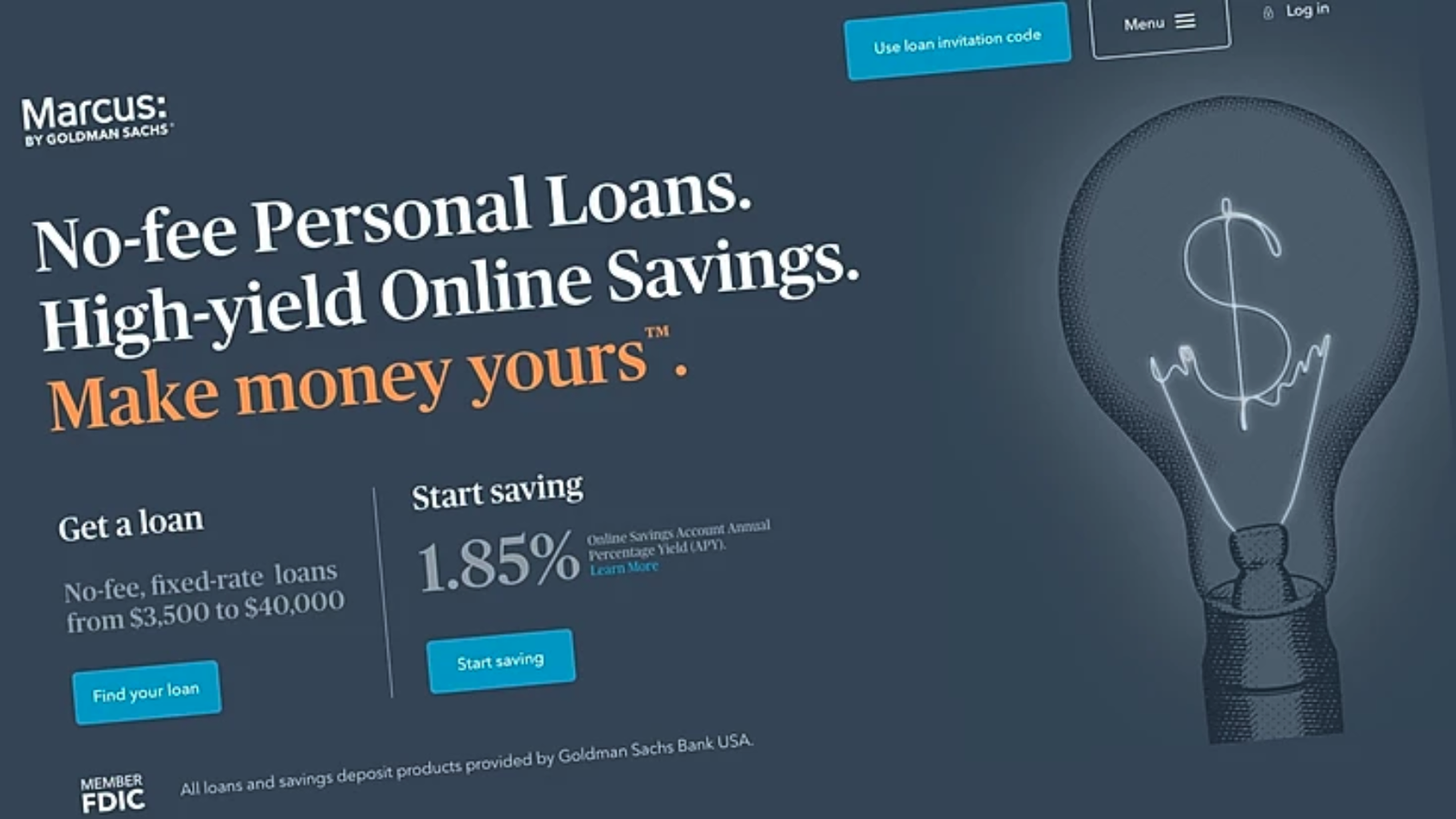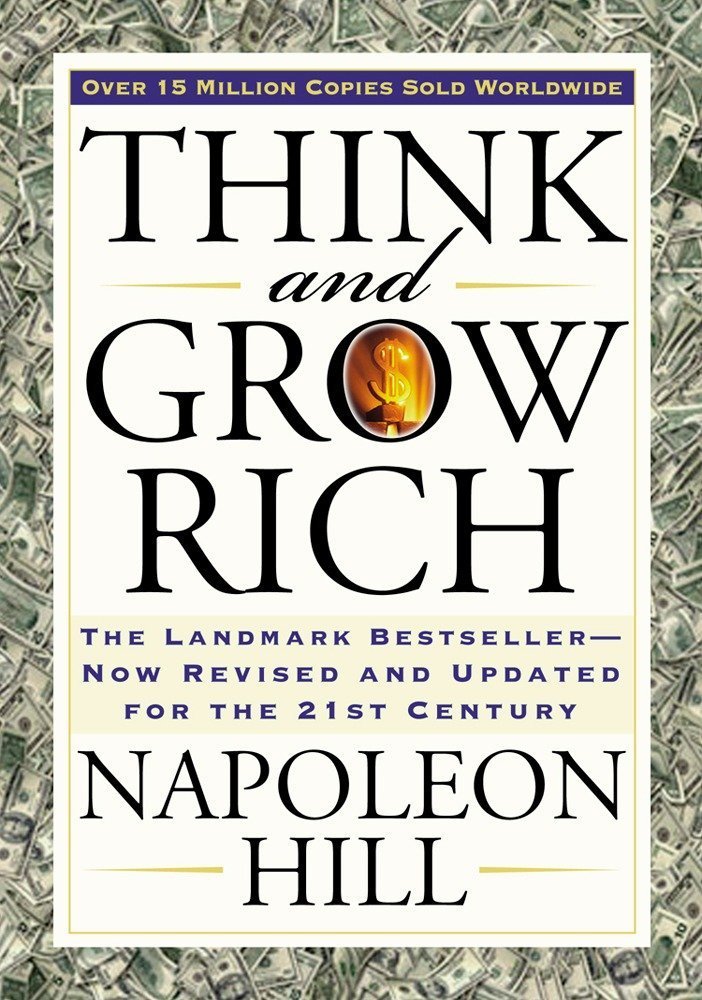Starting a business can be greatly rewarding and a lot of fun. But there’s one aspect that most small business owners and entrepreneurs dread – doing taxes.
One survey asked small business owners what made owning a business great for them. Almost everyone (96%) said they loved the flexibility of owning a business and the feeling of control it gives them.
When asked what they really don’t like about business, the majority singled out bookkeeping and taxes as being especially draining. In addition, the more time they had to spend on these tasks, the more they loathed doing them.
But no matter how you may feel about taxes and tax planning, these activities are important for all businesses, and can be the difference between failure and survival. In fact, businesses that take the steps to implement good tax planning not only increase their chances of survival, but also thriving.
If you’ve not paid much attention to your tax obligations as a small business owner, it may be time to turn a new leaf. In this article, our tax experts explain what tax planning means for small businesses and how it can be the key to achieving a stellar financial year.

What is tax planning?
Although there are a lot of technical definitions for what it means, tax planning really only boils down to being savvy about your tax obligations. Since taxes are an obligation no one can really escape from, tax planning means learning the tax rules and making them work for you.
Businesses that make the effort to understand and plan their taxes are able to manage their tax liability in the most favorable way possible. In addition, with proper tax planning, they are not only able to reduce the taxes they have to pay, they can even make money on their taxes.
Here’s how it works. Federal, state and local tax codes include a lot of rules that specify what taxes businesses have to pay, the exact rates of these taxes and when the taxes are due. These codes also include specific rules for how these taxes will be paid and on what they will be paid.
However, while the tax codes take with one hand, they also give with the other by providing credits, deductions and rules that let businesses reduce their tax liability. By utilizing these rules, credits and deductions, businesses can reduce how much they have to pay on taxes, sometimes even into the negative – meaning you get a refund instead.
Unfortunately, too many small business owners and entrepreneurs fail to recognize the value of tax planning or make the effort to implement a plan. While some of this is down to a simple lack of interest, many businesses do not have proper tax planning because the rules are so complex.
Tax codes typically run for thousands of pages and include a lot of financial and accounting jargon – definitely not suitable for public consumption. But hard-to-read tax codes should not deprive you of the benefits of proper tax planning. Certified Public Accountants (CPA) or other qualified professionals are there to help businesses understand these tax rules and put them to work in the most favorable ways.
Why tax planning is important for small businesses
Apart from the obvious fact that good tax planning helps you stay on top of your tax obligations and ensure you’re not owing taxes, there are several other benefits.
Tax planning and cash flow management often go hand-in-hand. Cash flow management paying attention to how money moves in and out of your business, so you always have enough left over for other things.
If you’re not implementing proper cash flow management, your outgoings can be more than your incoming, leaving you exposed at crucial times – such as when taxes are due. In like manner, inefficient tax planning can leave you with a larger tax liability than you expected, leading to difficulties with paying your taxes and, ultimately, a negative cash flow.
Due to the fact that tax liability means money is going out of your business, it’s in your best interest to ensure as little as possible is going out. Other benefits of tax planning include:
- Being able to reduce the amount you pay on taxes, meaning you have more to grow your business
- Taking advantage of tax rules that let you grow your business and still save on taxes, the perfect two-for-one
- Giving you granular control over your tax liabilities so you’ll never be surprised by your taxes again
If achieving financial freedom is one of the reasons you started your business, implementing proper tax planning will be one of the first steps to reaching your goal.
Now that you understand what tax planning is and why it’s important for your business, let’s quickly look at ways you can make the most of your tax planning this year.

Tips to make the most of your tax planning in 2020
Good tax planning is about learning exactly what the tax rules are and being smart about how you take advantage of them. To get you started right, here are some tips that underlie smart tax planning.
- Understand your tax obligations: It’s impossible to make the most of the tax rules if you don’t know them. Learn what taxes apply to your business, the applicable rates, the periods when they become due and everything else about your tax liability.
- Maintain proper financial books and records: Taxes are a levy on your business activities and profits for a year. If you don’t maintain accurate records of your business transactions through the year, it’s the IRS that’ll be telling you what you owe – which is never a good thing. Open and maintain proper accounting books to ensure you’re on top of your transactions and have all the paperwork to back them up.
- Implement tax forecasting: Tax forecasting is simply the practice of estimating what you have to pay on taxes either monthly, quarterly or yearly. It’s a good practice because it keeps you aware of what to expect and also gives you a dollar figure you can immediately start working on reducing or reorganizing to suit your business.
- Set aside your taxes every month: We can’t stress this enough. Failing to set your taxes apart routinely is critical to ensuring you’ll always be ready to meet your tax obligations, especially as a small business. Plus, you can even make money on those funds by locking them up in a high-yield savings account and earning some tidy interest.
- Take advantage of deductions and credits: As mentioned earlier, deductions and credits are expressly provided in the tax codes for your benefit. Failing to take advantage of them would be illogical. Keep a regularly updated list of those deductions and credits that apply to your business so you can use them as they were meant to be.
- Let an expert help you: If you’re looking at all of these and wondering where to start, it might be in your best interest to speak to a professional CPA. Even if you think you might be able to go it alone, having a CPA on your side significantly increases your chances of successful tax planning. In addition, leaving things in the hands of an expert frees you up to grow your business and make more money.
Contact Fola Financial for help
At Fola Financial, we have worked with small businesses and entrepreneurs from all over the US to implement profitable tax planning strategies. We keenly understand the tax rules and can employ this knowledge to help ethically and legally reduce your tax liability. Get in touch with us today to speak with one of our financial advisors.






